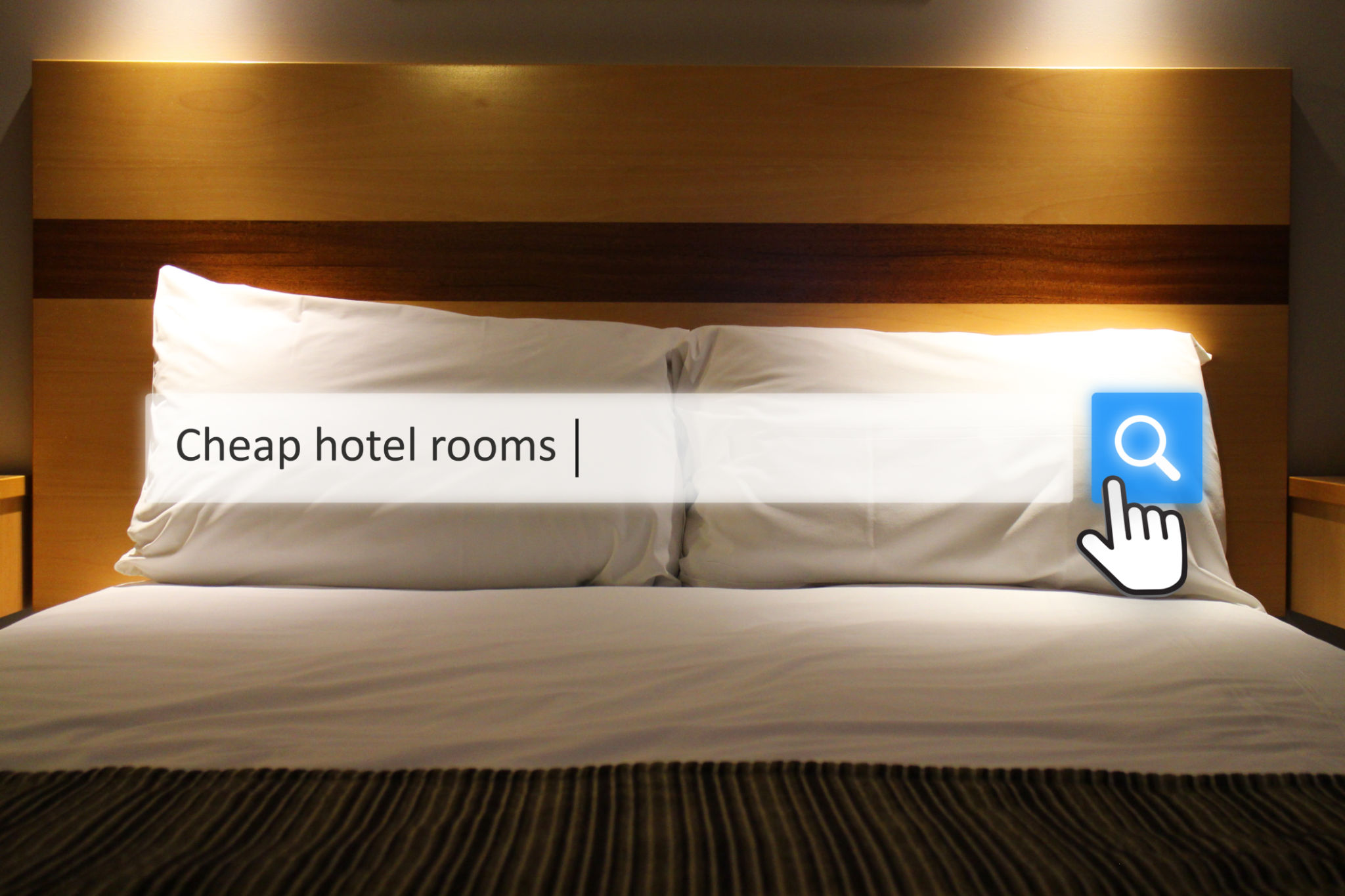Debunking Myths About SEO for Hospitality Websites
Understanding SEO in the Hospitality Industry
Search Engine Optimization (SEO) is often surrounded by a cloud of myths and misconceptions, especially within the hospitality industry. While SEO can indeed seem like a complex beast, understanding its true nature can significantly impact your website's performance. Let's dive into some of these myths and uncover the truth behind them.

Myth 1: SEO is a One-Time Task
A common misconception is that SEO is a one-and-done task. In reality, SEO is an ongoing process that requires continuous effort and adaptation. Search engines frequently update their algorithms, and competitors are always vying for the same top spots. Therefore, maintaining a strong SEO strategy means regularly updating content, improving website speed, and optimizing for new keywords.
Myth 2: More Keywords Mean Better Ranking
Another prevalent myth is that stuffing your content with as many keywords as possible will boost your ranking. This practice, known as "keyword stuffing," can actually harm your website's performance. Search engines prioritize quality content that provides value to users. Instead of overloading your pages with keywords, focus on creating insightful content that naturally incorporates relevant keywords.

Myth 3: Local SEO Isn't Important for Hospitality
Some believe that local SEO isn't crucial for hospitality businesses, which couldn't be further from the truth. Local SEO is essential for attracting guests who are searching for accommodations in specific areas. Ensure that your business is listed on Google My Business and other local directories, and optimize your content to reflect local attractions and events.
Myth 4: Link Building is Irrelevant
Link building often gets dismissed as an outdated practice, but it remains a significant factor in SEO success. Quality backlinks from reputable sites can enhance your website's credibility and boost its search engine ranking. Focus on building relationships with industry influencers and creating shareable content to earn valuable backlinks.

Myth 5: Mobile Optimization is Optional
With the surge in mobile device usage, especially for travel and accommodation searches, mobile optimization is no longer optional—it's essential. A mobile-friendly website enhances user experience and is favored by search engines. Ensure that your site is responsive, loads quickly on mobile devices, and provides a seamless navigation experience.
Myth 6: Social Media Doesn't Affect SEO
While social media signals are not direct ranking factors, they can indirectly impact your SEO efforts. A strong social media presence can drive traffic to your website, increase engagement, and enhance brand awareness. This increased activity can lead to more backlinks and improved visibility in search results.

The Importance of Staying Updated
The world of SEO is ever-evolving, and staying abreast of the latest trends and best practices is crucial for success. Regularly reviewing your SEO strategy and adapting to changes ensures that your hospitality website remains competitive in search engine rankings.
In conclusion, debunking these common SEO myths can help you craft a more effective strategy for your hospitality website. By focusing on quality content, local optimization, mobile-friendliness, and social media integration, you can enhance your online presence and attract more guests to your establishment.
